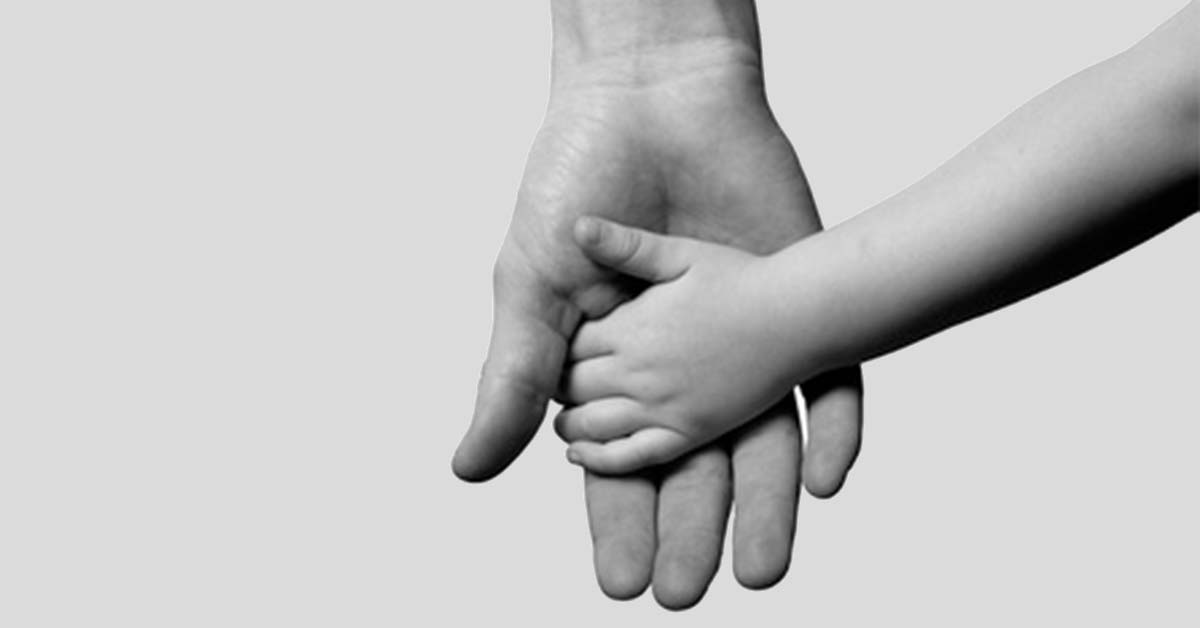According to a survey of parents of children with food allergies conducted by the Jaffe Food Allergy Institute of Mount Sinai Hospital, almost half reported at least one incident of risky behavior such as not carrying the child’s auto-injector or not reading food labels.
The study, reported in the the Journal of Allergy and Clinical Immunology, surveyed 100 English-speaking parents of children ages 6 months to 18 years who had previously been diagnosed with a food allergy and attended follow-up visits at an urban allergy clinic.
The parents were asked to report risky food allergy management behaviors, such as giving their child a food to determine whether they are still allergic or not carrying an epinephrine auto-injector in case of exposure.
Of the cohort reporting for the previous year:
- 70% of the children experienced a reaction
- 40% experienced three or more reactions
- 25% had received epinephrine
- 33% were treated in the emergency room
- 5% had been hospitalized in the past
- 10% did not know how to eliminate allergens from their diet
- 14% were confused about which foods to avoid
Only 58% reported carrying their child’s epinephrine auto-injector at all times.
The researchers found a correlation between risky behavior on the part of the parents to at least one food-induced allergic reaction in the past year, and that parents of children with multiple food allergies were more likely to report risky behaviors that those of children with one food allergy.
About 11% reported giving their child reaction-inducing foods because they didn’t have time to read the label, and 7% cited cost as a barrier to avoiding those foods. Nearly one in four reported they intentionally exposed their child to the offending allergen to see whether they were still allergic or because they believed it would desensitize the child.
Dr Julie Wang and her team, who conducted the survey, attribute these behaviors as likely due to knowledge gaps and misconceptions, as well as possible financial barriers.
Dr Wang told Reuters Health in an email:
During our patient visits, we routinely counsel families about food allergy management to reduce the risk of allergic reactions. However, we noted that in some cases, our patients experienced allergic reactions that were associated with risk-taking behavior. It is important to understand the barriers patients and their families face in managing their food allergies.
This study “highlights the barriers families in an urban setting face when dealing with food allergies and stresses the need for us to better educate our patients and their families about food allergies,” said Dr. Rushani Saltzman, an allergist at Children’s Hospital of Philadelphia who wasn’t involved with the study.
“It is imperative that all allergists and healthcare providers who see patients with food allergies take the time with each visit to review food allergen avoidance and label reading to avoid accidental exposures to food allergens,” she said.
In addition, families must be provided written food allergy action plans to recognize signs and symptoms of an allergic reaction, said Dr Saltzman.





